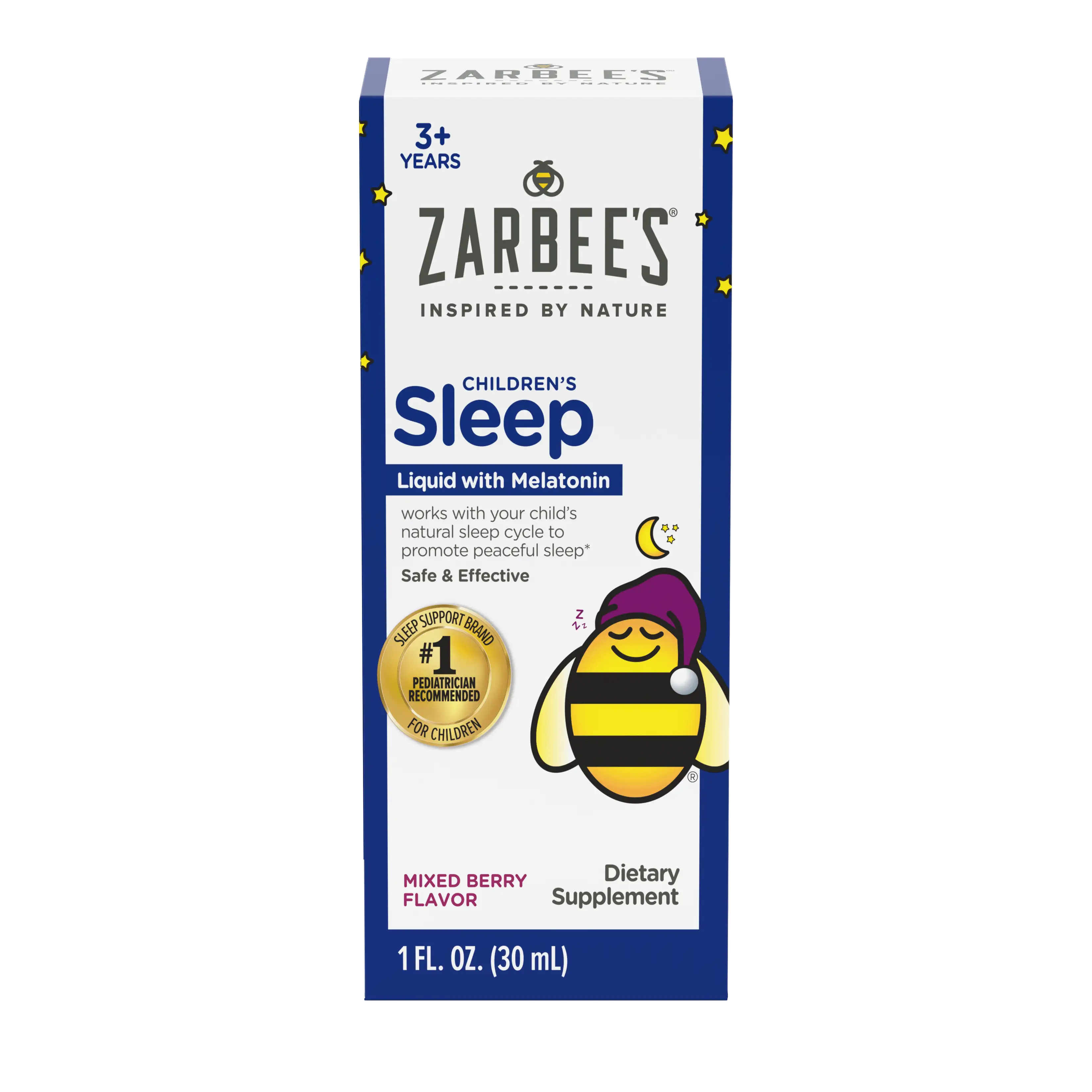It’s no secret that getting kids to sleep can be a challenge for many parents. With the demands of modern life, hectic schedules, and the influence of technology, ensuring that children get sufficient rest can be a struggle. This is further exacerbated by the prevalence of sleep disorders and difficulties, leading many parents to seek out remedies to help their kids get the rest they need.
In recent years, there has been a growing trend of parents turning to melatonin as a solution for their children’s sleep issues. In fact, nearly half of parents have reported using melatonin supplements to help their kids sleep. While melatonin can be effective, it’s important for parents to have a thorough understanding of this supplement and its implications for children’s health and well-being.
Understanding Melatonin
Melatonin is a hormone that is naturally produced in the body, primarily by the pineal gland. It plays a key role in regulating the sleep-wake cycle, helping to synchronize the body’s internal clock and promote healthy sleep patterns. Melatonin levels typically rise in the evening, signaling to the body that it’s time to wind down and prepare for sleep.
However, various factors can disrupt the body’s natural melatonin production, including exposure to artificial light, irregular sleep schedules, and certain medical conditions. In such cases, supplementing with melatonin can help to restore balance and support the onset of sleep.

Credit: www.zarbees.com
The Use of Melatonin in Children
While melatonin is available over the counter and widely regarded as safe for adults, its use in children is a topic of ongoing debate and concern. Research has shown that melatonin can be beneficial for addressing certain sleep disorders in children, including insomnia, delayed sleep phase disorder, and autism-related sleep disturbances.
However, the American Academy of Pediatrics (AAP) advises caution when considering melatonin for children, emphasizing the importance of consulting with a pediatrician to determine the appropriateness and dosage of melatonin supplementation. Given that the long-term effects of melatonin use in children are not yet fully understood, it is imperative for parents to exercise prudence and seek professional guidance.

Credit: www.amazon.com
Considerations for Parents
As a parent, it’s crucial to take a thoughtful and informed approach when it comes to your child’s sleep and well-being. While melatonin may offer a viable solution for addressing sleep difficulties, it is vital to consider the following factors before initiating its use:
- Consultation with Healthcare Provider: Before introducing melatonin to your child’s regimen, consult with a healthcare provider, preferably a pediatrician, to discuss your child’s sleep issues and explore potential underlying causes.
- Understanding Risks and Benefits: Educate yourself about the potential risks and benefits of melatonin for children, taking into account factors such as dosage, duration of use, and possible side effects.
- Exploring Non-Pharmacological Approaches: Prioritize the implementation of healthy sleep practices, such as establishing a consistent bedtime routine, minimizing screen time before bed, and creating a conducive sleep environment.
- Monitoring and Evaluation: Keep track of your child’s response to melatonin and remain vigilant for any changes in behavior or health, maintaining open communication with your healthcare provider throughout the process.
Frequently Asked Questions For Revolutionize Your Child’s Sleep: Nearly Half Of Parents Trust Melatonin
Can Melatonin Be Safely Used For Children’s Sleep Issues?
Yes, melatonin can be used safely for children’s sleep issues under medical supervision. Consult a healthcare provider for proper dosage.
How Does Melatonin Help In Improving Children’s Sleep Quality?
Melatonin helps regulate the sleep-wake cycle, promoting better sleep quality and reducing bedtime resistance.
At What Age Can Melatonin Be Given To Children For Sleep?
Melatonin can be considered for children aged 3 and above, after consulting with a pediatrician and evaluating their sleep issues.
Is Melatonin Effective In Treating Children’s Sleep Disorders?
Melatonin has shown effectiveness in treating certain sleep disorders such as insomnia and delayed sleep phase disorder in children.
Conclusion
As the prevalence of melatonin use in children continues to rise, it is paramount for parents to approach this option with careful consideration and a focus on ensuring their child’s holistic well-being. While melatonin can be a valuable tool for addressing sleep disturbances in children, prudent and informed decision-making, in conjunction with professional guidance, is essential to safeguarding the health and safety of young individuals.
Ultimately, the well-being of our children is of utmost importance, and in navigating the complexities of sleep-related challenges, a balanced approach that integrates both pharmacological and non-pharmacological strategies is key to promoting healthy and restful sleep for our little ones.
Leave a Reply